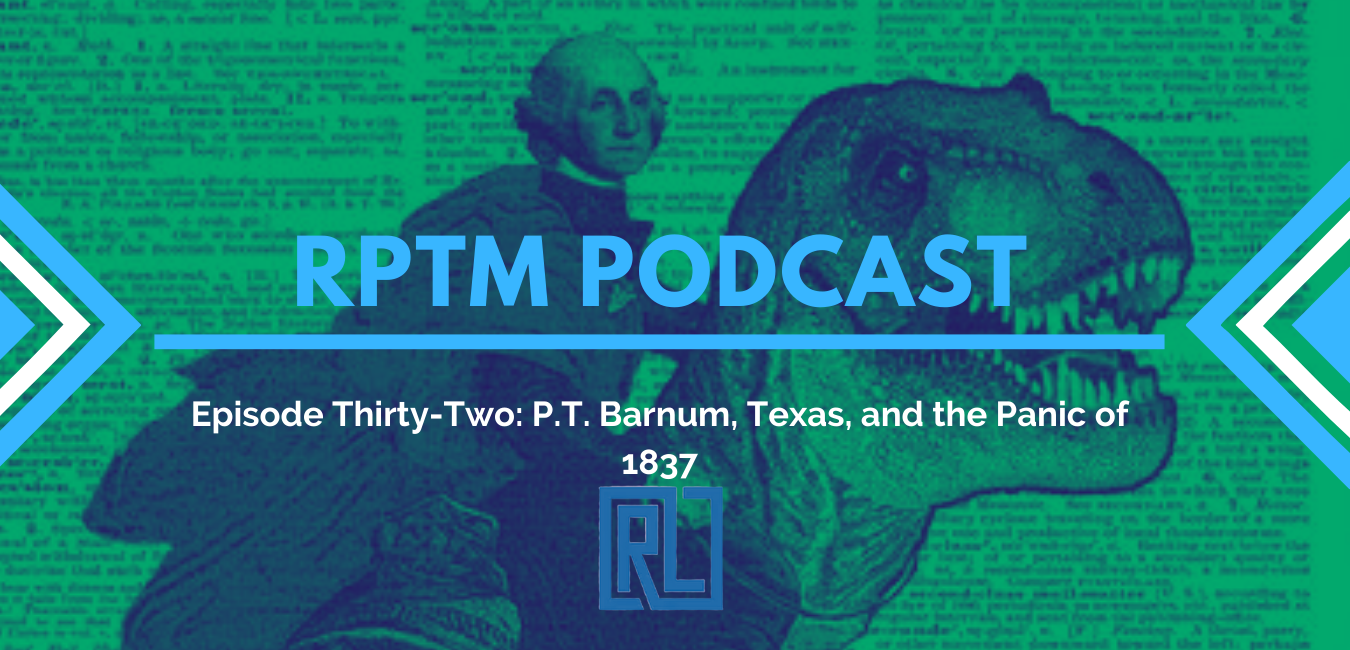|
Pseudohistory commits LOGICAL FALLACIES: arguments contain errors in reasoning. Here are a few examples of what I am referring to: False equivalence: For example, Hitler interned European Jews into camps. FDR allowed the internment of Japanese-Americans. Hence, FDR committed horrible atrocities just like Hitler did. Presentism is judging historical figures according to the ethical or other standards of today. An example would be saying that Lincoln was an awful person for only wanting to halt the spread of slavery rather than abolish it altogether. Obviously, there were abolitionists at the time, but they remained a radical minority and only differed from Lincoln's views politically instead of morally, as Lincoln detested slavery. Another would be trying to rationalize past phenomena through a contemporary cultural lens. To use Lincoln again, saying that he was gay because he shared a bed with men and wrote letters to male friends with flowery language. I can personally attest to having one shouting match with my cousin in an LA parking garage debating this matter. Misusing the "appeal to authority." Citing a scholar adds weight to your argument and does not automatically validate it. Conversely, citing a scholar ought to be an attempt to direct someone to a view based on evidence, not an argument in and of itself, and certainly not an "appeal to authority." Confirmation bias. Very simple, this one: seeking evidence to validate an already held belief, inviting oneself to absorb affirming or convenient evidence while disregarding countering proof, rather than forming an opinion based on a balanced analysis of that evidence. Mistreatment of bias. Chiefly, bias is not necessarily a dirty word. Bias can be beneficial in analyzing a source and should not mean that the reference is discredited or discarded—it just depends on how you end up using that source. It's generally undesired in secondary or tertiary sources, though not entirely useless. Implying correlation = causation. But just because two quantities are correlated does not necessarily mean that one is directly causing the other to change. Correlation does not imply causation, just like cloudy weather does not imply rainfall, even though the reverse is true. Between the years 1860 and 1940, as the number of Methodist ministers living in New England increased, so did the amount of Cuban rum imported into Boston – and they both increased in an extremely similar way. Thus, Methodist ministers must have bought up lots of rum in that period. Actually, no, that's a senseless conclusion to draw. What's going on is that both quantities – Methodist ministers and Cuban rum – were driven upwards by other factors, such as population growth. HIGHLIGHTS
CHAPTERS 0:37 Intro 4:00 P.T Barnum 10:58 Texas Revolution 19:07 Samuel Colt 28:30 Panic of 1837 32:35 Elijah P. Lovejoy 35:55 Outro RESOURCES Teacher requests historical examples of logical fallacies Clearing up confusion between correlation and causation P.T. Barnum Isn’t the Hero the ‘Greatest Showman’ Wants You to Think The Texas Revolution Samuel Colt Panic of 1837 Nov. 7, 1837 • A crusading editor is killed defending the freedom of the press
0 Comments
Leave a Reply. |
AuthorRyan Lancaster wears many hats. Dive into his website to learn about history, sports, and more! Archives
March 2024
Categories |


 RSS Feed
RSS Feed